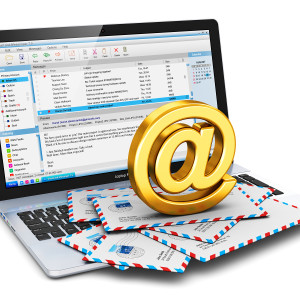The global domestic letter volume fell from 320 billion pieces in 2016 to 259 billion in 2020, according to data from the Universal Postal Union (an agency of the United Nations).
Postal letter volumes decreased overwhelmingly in most developed countries. And the data from the European Commission on the 33 countries the European Union tracks have reported a significant decline as well. In most middle- and low-income countries, the letter volumes are declining too. There is a downward trend in domestic letter volume across the board.
The U.S. Postal Service data regarding postal volumes show a downward trend in letter volume for many years now. The coronavirus pandemic accelerated the decline. Royal Mail Group of the United Kingdom says that these structural shifts in letter volume will accelerate and decline. The bright spot for postal services is package delivery, which boomed because of online shopping. However, that is not enough to bring profitability to them as the package delivery landscape is changing significantly.
McKinsey & Co. and Boston Consulting Group predicted this decline. Deloitte talked about serving millennials who are digital natives, people with history “marked by the arrival of the internet.” Millennials also care about corporate social responsibility. Gen Z is more digital than any previous generation, and there has been an enormous shift over many years from traditional delivery to online.
Postal services are struggling due to the shift to online. Email services are serving the communication needs of people more efficiently and much faster than postal products. By creating an email service, we can help postal services continue to serve the public communication needs while continuing package deliveries. The federal government should mandate communication via this email service for government business.
Postal service email for the public will be a boon to small-business owners and mid-size companies that want to reach and offer products to customers in their neighborhood. Customers will also know the companies in their area without the hassle of handling junk paper mail that clutters their postal mailboxes at their homes.
Shifting to email will create an environment for the actual digital transformation of our economies. The postal services can make money by delivering email and generating email marketing revenue. Postal services have had profitability issues for a while, and this service will help them make money and turn around their organizations.
Adoption of online communication will be a benefit for the environment as well. U.S. Postal Service processed 9.3 billion pounds of mail, excluding parcels, in 2021. That is 4.65 million tons, which are 79.03 million trees (17 trees per ton of paper). The postal email service will help reduce the problem of climate change by reducing the number of trees cut down for paper usage.
“Every year in the United States, receipt use consumes over 3 million trees, 9 billion gallons of water, and generates over 4 billion pounds of (carbon dioxide) and 302 million pounds of solid waste during production,” according to Green America.
Imagine if postal services around the world offer an email service to their residents, how exponentially beneficial it is for the environment.
The postal service is, in most cases, the only federal agency that is highly visible in our lives. By transforming it, the public will see and adopt those changes in their daily lives, reducing their paper usage.
In conclusion, by offering an email service, postal services can revive their brand, help the environment and bring profitability to the postal industry.


